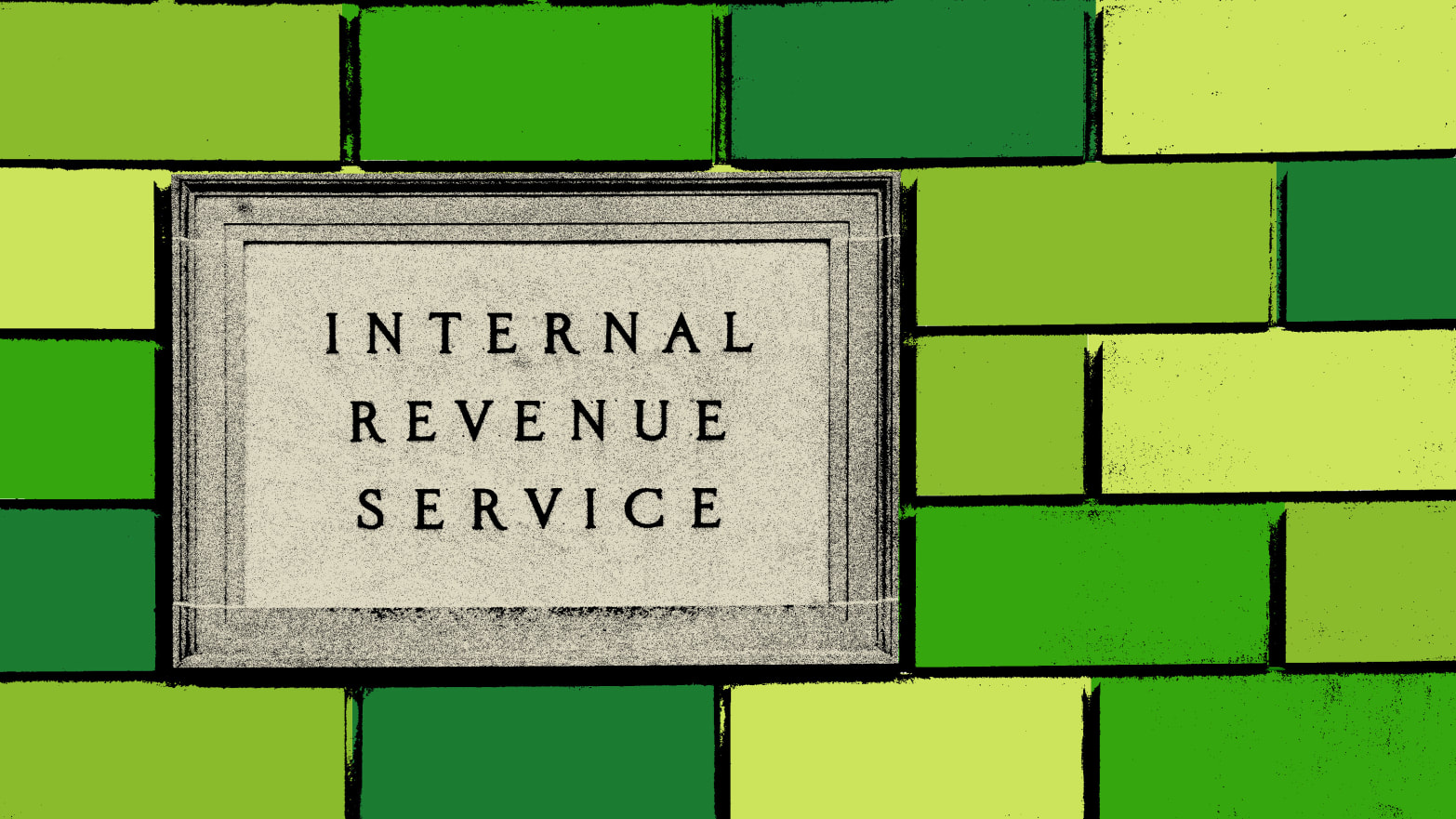The Internal Revenue Service is among the beneficiaries of the recently passed Inflation Reduction Act, with nearly $80 billion headed to the beleaguered agency. That money will be used to hire 87,000 new employees over 10 years, including a small percentage who will work on criminal investigations and carry firearms.
This is alarming to Republicans, who have starved the IRS of resources since the Newt Gingrich era. Democrats didn’t exactly step up either until the situation became dire. IRS agents aren’t anybody’s idea of a superhero.
It’s been almost a quarter-century since George H.W. Bush (the Republican presidential nominee at the time) accused Michael Dukakis (the Democratic nominee) of wanting an army of IRS agents unleashed into everyone’s kitchen, after Dukakis said better enforcement could raise as much as $35 billion.
Since then, the rich have gotten richer (armed with lawyers), while the IRS has been gutted with budget cuts that former IRS Commissioner John Koskinen called “tax cuts for tax cheats.”
GOP scare tactics about the IRS have worked in the past and with anti-government fever running high, Democrats better get ahead of what’s coming. The hiring of 87,000 new IRS agents is enough to send a chill up everyone’s spine even if it is a wild exaggeration. The GOP has glommed onto a job description for new hires to falsely claim they will all be armed—when only a very small percentage will be frontline investigators.
But the IRS component is the only part of the Inflation Reduction Act that Republicans can safely rail against. Provisions to lower prescription drug costs and strategies to fight climate change are broadly supported by voters, but beefing up tax enforcement is easy to exploit. Almost no one likes paying taxes, even if most recognize it as a basic, necessary function of government.
Treasury Secretary Janet Yellen earlier this month sent a letter to IRS Commissioner Charles Rettig that said, “contrary to the misinformation from opponents of this legislation, small business or households earning $400,000 per year or less will not see an increase in the chances that they are audited.” Rettig is a Trump appointee who wrote an op-ed in Forbes (prior to his nomination) before he was nominated supporting Trump’s decision to withhold his tax returns, and critiquing the work done by what he called a “wealth squad” within the agency that targeted high-income individuals for audits. Rettig’s term is up in November, and he has been vocal in his positive support of the IRS initiative.
IRS staffing has declined by about 19 percent since 2010, with the bulk of the reduction in compliance and enforcement. The agency has fewer auditors than at any time since World War II. Former IRS Commissioner John Koskinen lamented at one point that it was futile for the agency to do “more with less,” as congressional Republicans urged. The IRS would do “less with less,” he said, which meant fewer audits and almost two-thirds of the tens of millions of taxpayer calls would go unanswered.
Alex Brill is a senior fellow at the American Enterprise Institute (AEI), a conservative-leaning think tank. He puts it bluntly: Either enforce the tax code well enough to collect the revenue—or raise taxes to collect the revenue.
Republicans don’t want to raise taxes, Brill told The Daily Beast. “The reason I would like to enforce the tax code [is] a lot of people are not paying what they owe, and they tend to be at the upper end of the income scale. The risk of being audited has gone down, so people feel they’ll be all right if they’re not reporting all their income. It’s relatively easy to get more revenue with fairness,” he says.
He’s not a fan of the $400,000 threshold, seeing it as a political ploy. “If you’re earning $399,000, you ought to be paying your taxes. Democrats are trying to say to their voters, they’ll do it but not to you, you don’t need to worry. Truth is people who don’t pay their taxes should pay their taxes.”
Seth Hanlon is a senior fellow at the Center for American Progress, a liberal-leaning think tank, and he agrees that it is nothing short of a miracle that Biden and the Democrats got money for the IRS, an agency that politicians see little value in championing. “This was a unique opportunity because the IRS is perpetually screwed in the appropriations process where it has to compete with countless other very popular programs.”
Former IRS commissioners and Treasury secretaries from both parties are lauding the $80 billion initiative, which the Congressional Budget Office projects will bring in $207 billion in unpaid taxes—paying for itself many times over. Yet Republicans are manic in their opposition.
Iowa Sen. Chuck Grassley, the ranking member on the Senate Finance Committee, told Fox News: “Are they going to have a strike force that goes in with AK-15s [sic] already loaded ready to shoot some small business person in Iowa with these? Because I think they are going after middle class and small business people because basically they think anyone that has pass-through income is a crook, and they aren’t paying their fair share, and we’re going to go after them.” (Sen. Grassley’s office said he meant to say AR-15s, as AK-15s are used exclusively by the Russian army.)
Florida Sen. Rick Scott, in an open letter to job seekers, tells them, “Don’t work for Biden’s IRS army.” He says the IRS “is making it very clear that you not only need to be ready to audit and investigate your fellow hard working Americans, your neighbors and friends, you need to be ready and, to use the IRS’s words, willing, to kill them.”
In reality, boilerplate language about a willingness to be trained in and use deadly force is included in every federal job description that involves law enforcement; it does not apply to customer service and claims processors, the bulk of the new hires.
After an uproar on Twitter over the exaggerated claims, the IRS scrubbed the language and announced it would be conducting a security review and risk assessment of its 600 facilities nationwide. “There’s real dangerous rhetoric coming from Republican politicians. They’re not just playing with fire, they’re pouring gasoline on the fire,” Hanlon told The Daily Beast. “Part of why Republicans have gone off the deep end is they believe bogus conspiracy theories that the IRS targeted conservatives ten years ago.”
In 2013, a high-level IRS employee, Lois Lerner, was pilloried for singling out conservative groups for scrutiny by using keywords like “Tea Party.” She resigned and President Barack Obama fired the then-acting commissioner of the IRS. Even though a 2017 report found that liberal groups had also been targeted in the same way, the sense of grievance remains entrenched on the Right.
Republicans are fixating on the IRS because it’s a familiar scare tactic that’s worked in the past. Democrats better step up their game to educate voters that the Biden initiative is about tax enforcement of corporations and high-earning individuals who are getting away with billions—and improving service for regular taxpayers.
The IRS needs a makeover, and it’s about time.

